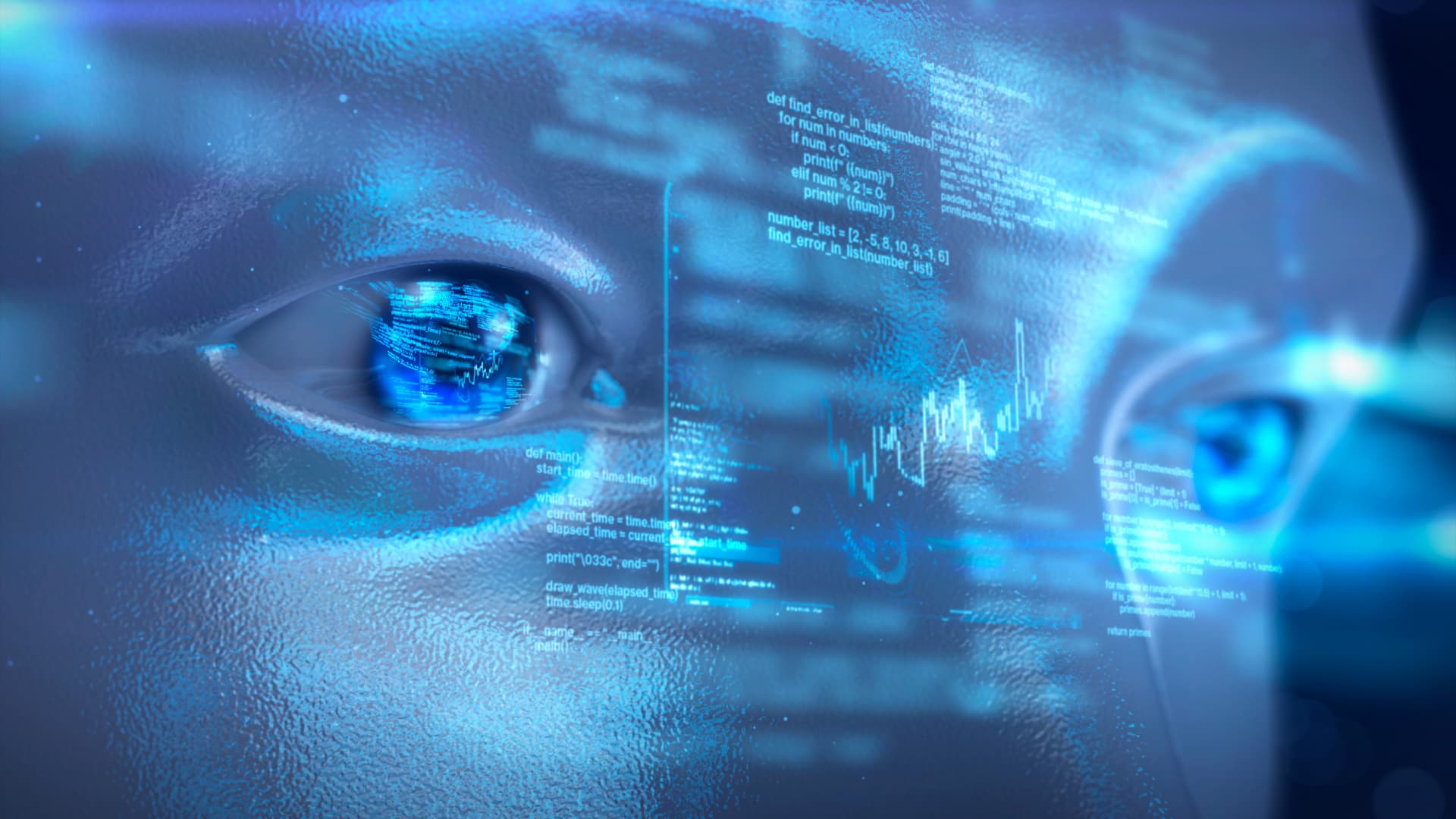AI May Impact 40% of Jobs and Increase Global Inequality, According to UN

The Future of Artificial Intelligence: Economic Impacts and Global Inequality
Artificial Intelligence (AI) is forecasted to reach an impressive market value of $4.8 trillion by the year 2033. This figure is comparable to the entire economic output of Germany, as highlighted in a recent report by the United Nations Conference on Trade and Development (UNCTAD). While AI presents opportunities for significant productivity gains and is essential to digital transformation across various industries, it also poses serious challenges regarding job displacement and economic inequality.
Economic Growth and Job Displacement
The advancement of AI technology is a double-edged sword. As AI systems automate many tasks, analysts predict that approximately 40% of jobs worldwide could be impacted. This concern has echoed through various organizations, including the International Monetary Fund (IMF) and the World Economic Forum. A recent study from the World Economic Forum indicated that around 41% of employers are considering reducing their workforce in roles that AI can easily replicate.
The report by UNCTAD underscores the disparity in AI benefits, which often favor capital over labor. This tendency could exacerbate inequality, particularly affecting low-skilled workers and those in developing economies. Essentially, as machine intelligence rises, the competitive advantages that come from low labor costs diminish, putting many individuals out of work.
Concentration of AI Research and Development
Another troubling aspect highlighted in the UNCTAD report is the concentration of AI research and development within a small number of companies. Approximately 40% of global spending on corporate AI research is limited to just 100 firms, predominantly based in the United States and China. Major tech companies like Apple, Nvidia, and Microsoft have market valuations that exceed the gross domestic product of many nations, particularly those in Africa. This concentration not only enhances their competitive edge but also risks leaving entire nations behind in the digital race.
The Global Divide in AI Development
The inequality in AI investment and development leads to a significant technological divide. According to UNCTAD, 118 countries, mostly in the Global South, are not involved in critical AI governance discussions. This exclusion from important conversations about AI regulation and ethical use highlights a stark divide in technological capabilities.
Recommendations for Inclusive AI Growth
While the potential downsides of AI are clear, UNCTAD also notes that the technology can create new industries and empower workers—if there is a focus on reskilling and upskilling the workforce. For developing countries to compete and not fall behind, they need to have a voice in AI regulation and ethical frameworks.
To this end, the UNCTAD report lays out several key recommendations aimed at fostering inclusive growth in the AI sector. These include:
AI Public Disclosure Mechanism: Implementing systems that require companies to disclose their AI technologies and practices to promote transparency.
Shared AI Infrastructure: Establishing common resources that can be utilized by different nations to level the playing field.
Open-Source AI Models: Encouraging the use of open-source technology allows for collective improvements and innovation without the barriers of proprietary systems.
- Knowledge and Resource Sharing Initiatives: Promoting collaborative efforts across countries to enhance understanding and utilization of AI technologies.
Open-source typically refers to technologies in which the underlying code is accessible to the public, fostering collaboration and innovation. In this way, AI can be harnessed as a tool for driving progress and boosting global economic growth, provided countries work together to shape its development positively.
With strategic investments, inclusive governance, and international cooperation, the global community has the potential to ensure that the benefits of AI do not solidify existing divides but instead foster prosperity for all.






